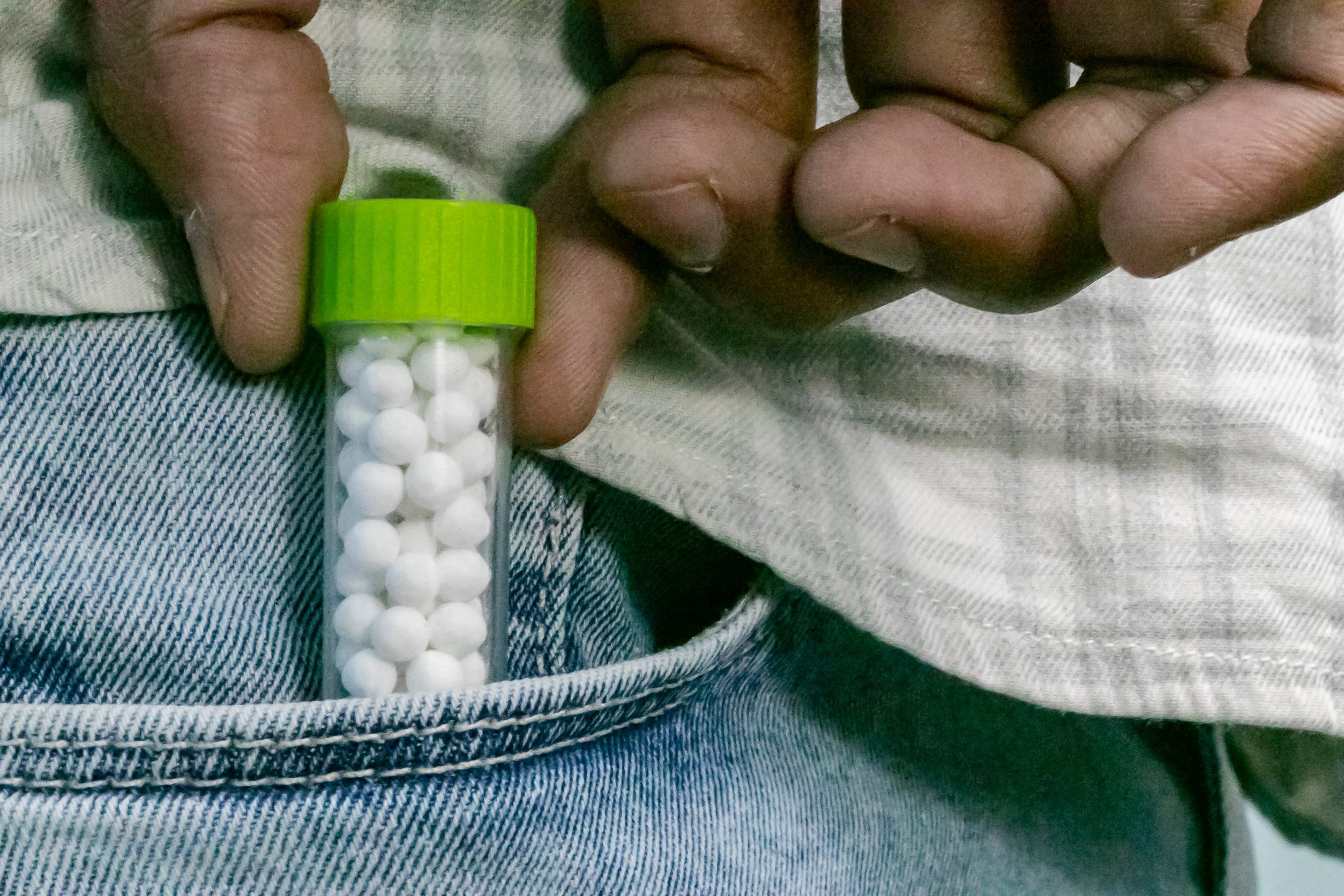- Home
- THE FIRM+
- Criminal Defense+
- CASE RESULTS
- AREAS WE SERVE+
- FAQ’s
- Blog
- Contact
AZHARI LLC BLOG

Posted By: Sami Azhari
Category:
Even though Illinois has made some strides in the way it deals with drug possession by decriminalizing some amounts, don’t mistake that for the license to do whatever you want with drugs this holiday season.
Drug possession is still a crime that gets prosecuted in Illinois. If you choose to make drug using a part of your holiday celebrations this year, then you may encounter criminal charges from the police that can lead to prison time and fines.
Here’s what you need to know about drug possession in Illinois as 2021 comes to a close.
Illegal Drugs in Illinois
It is still illegal to possess certain amounts of particular drugs in Illinois in 2021. What you may face depends on the type of drug in your possession as well as the amount.
Certain drugs, such a prescription pain medicine, can be legally possessed with a valid prescription from a medical professional. But many drugs are illegal to have in your possession, and doing so can lead to serious penalties under the law.
The Classification of Controlled Substances in Illinois
Drugs, also referred to as controlled substances under the law, are divided in Illinois into different schedules. The schedule of a drug depends on how high its potential for abuse is, as well as whether or not there are any legitimate approved medical uses for the drug.
The schedules are:
Schedule I
This schedule includes drugs such as hallucinogens and opiates.
Schedule II
You’ll find drugs such as cocaine, methamphetamine, and codeine on this schedule.
Schedule III
Certain steroids, ketamine, and buprenorphine are on this schedule.
Schedule IV
This schedule includes drugs such as tramadol, diazepam, and alprazolam.
Schedule V
Most of the drugs on this schedule are medications with very small amounts of certain narcotics included, such as cough syrup.
Possession of Drugs Penalties in Illinois
If you are caught with varying amounts of the drugs on one of the five schedules, then you face a few different classes of drug felonies or misdemeanors.
Class 1 Felony
This is the most serious drug felony and often includes crimes involving drugs on schedule I or II, such as heroin, LSD, and cocaine. The severity of the punishment is linked to the amount of the substance found n your possession. For example, having up to 99 grams of cocaine can lead to up to 15 years in prison, but having more than 900 grams can send you to prison for 50 years.
Class 4 Felony
The possession of some drugs on Schedules I and II can lead to a Class 4 felony, but in most cases, this felony is linked to possession of Schedule III, IV, or V drugs. You can face up to three years behind bars for this level of felony and be responsible for fines for as much as $25,000.
Misdemeanor Drug Possession
For some drugs, you may only face misdemeanor charges, anywhere from Class C to Class A misdemeanors.
Class C misdemeanors may send you to jail for only 30 days and make you responsible for fines of as much as $1,500. However, Class B misdemeanors can send you to prison for up to 180 days.
You may feel that drugs in Illinois are acceptable after new marijuana and decriminalization legislation has been passed, but rest assured that the state still takes certain drugs and the possession of them very seriously. This means you may want to think twice before incorporating them into your holiday celebrations.
Facing Drug Charges in Illinois? Contact Experienced Criminal Defense Lawyer
As the holiday season approaches, it’s important to remain aware of the laws surrounding controlled substances. Whether it’s a misdemeanor or a felony, the type of drug and the amount in your possession can dramatically affect the severity of your charges. If you find yourself facing drug-related charges, contact Sami Azhari, a criminal defense lawyer to ensure that you receive skilled legal representation and work towards the best possible outcome for your case.
About the Author
Sami Azhari has been working as a lawyer since 2007, after receiving his Juris Doctor from the Michigan State University College of Law. He has handled numerous state and federal cases, and is known throughout the Chicago and Rolling Meadows area for providing his clients with high-quality, skilled representation. He has been recognized by Avvo (2013 and 2018), SuperLawyers (2015-2020), The National Trial Lawyers, and other notable organizations, and has spoken at a number of legal conferences.


























































